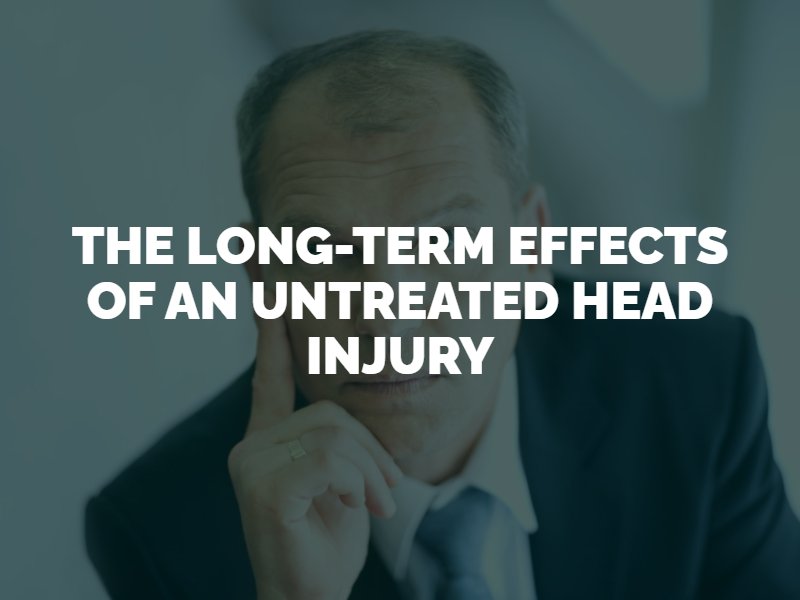The head provides substantial protection for the human brain, with a bony skull and a cushioning layer of fluid. Still, despite the natural protection, the delicate tissue of the brain remains vulnerable to harm when the head suffers a strong blow, a powerful jarring or shaking motion, or a penetrating wound. Brain injuries most commonly occur due to falls, car accidents, motorcycle accidents, and contact sports, but also result from acts of violence. After suffering a substantial bump or blow to the head, it’s critical to seek medical attention and monitoring by a qualified medical provider. Prompt medical treatment for a head injury can help to minimize the trauma to the brain and prevent further damage.

Injuries to the brain can occur through medical conditions like strokes or hypoxia (lack of oxygen to the brain), but when a brain injury occurs due to a sudden trauma, it’s a traumatic brain injury or TBI. Ignoring the signs of a TBI can result in a worsened condition and potentially permanent impacts. After a blow to the head, a fall, or a car accident, it’s important to watch for the following signs:
If you or a loved one experiences any of the above signs after an accident, fall, sports injury, or any incident resulting in a head injury, it’s critical to seek medical attention. To diagnose a head injury, medical professionals may perform evaluations and order diagnostic imaging tests.
Failing to receive treatment for a head injury can result in serious complications and long-term impacts on quality of life. Depending on the seriousness and location of the injury, effects could include the following:
Some studies show that untreated TBIs cause an increased risk of suicide due to changes in brain function resulting in psychiatric symptoms like depression and anxiety.
Despite the CDC statistics showing that 1.4 million people suffer traumatic brain injuries every year, with 235,000 hospitalizations and 50,000 deaths, experts believe these numbers significantly underestimate the number of brain injuries that occur each year. The CDC bases its statistics on the number of brain injury victims who are seen in emergency rooms while a substantial number of brain cases remain undiagnosed and untreated.
Some brain injury victims resist seeking medical treatment after an accident or ignore the symptoms, suffering the consequences of untreated brain injuries as a result. Prompt medical intervention reduces the impact of a traumatic brain injury and minimizes or prevents long-term effects.
In some cases, victims do seek medical treatment after a head injury and negligent medical professionals fail to properly diagnose and treat a brain injury, causing the victim to suffer further consequences. In the event this happens to you, contact the Seattle brain injury lawyers at Fang Law Firm today. Physicians should also screen head injury victims during the months after the injury to check for psychological disturbances that negatively impact the victim’s life or could lead to suicide. If a medical provider fails to diagnose a brain injury or its later consequences to the victim, they could be liable for damages through a medical malpractice claim.